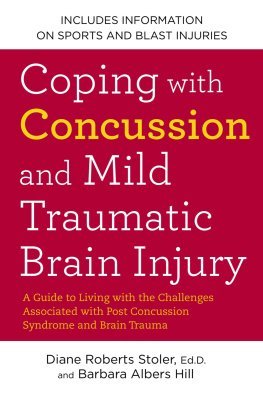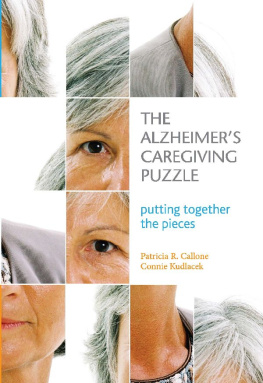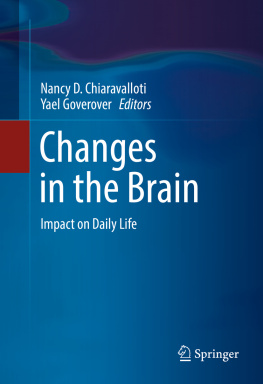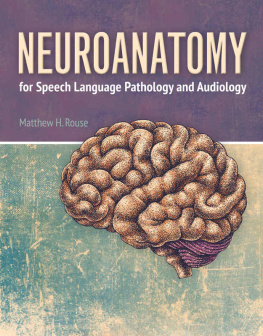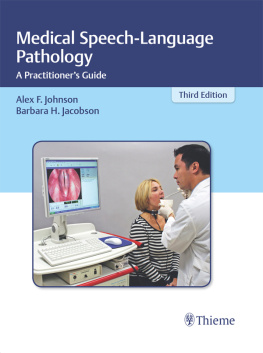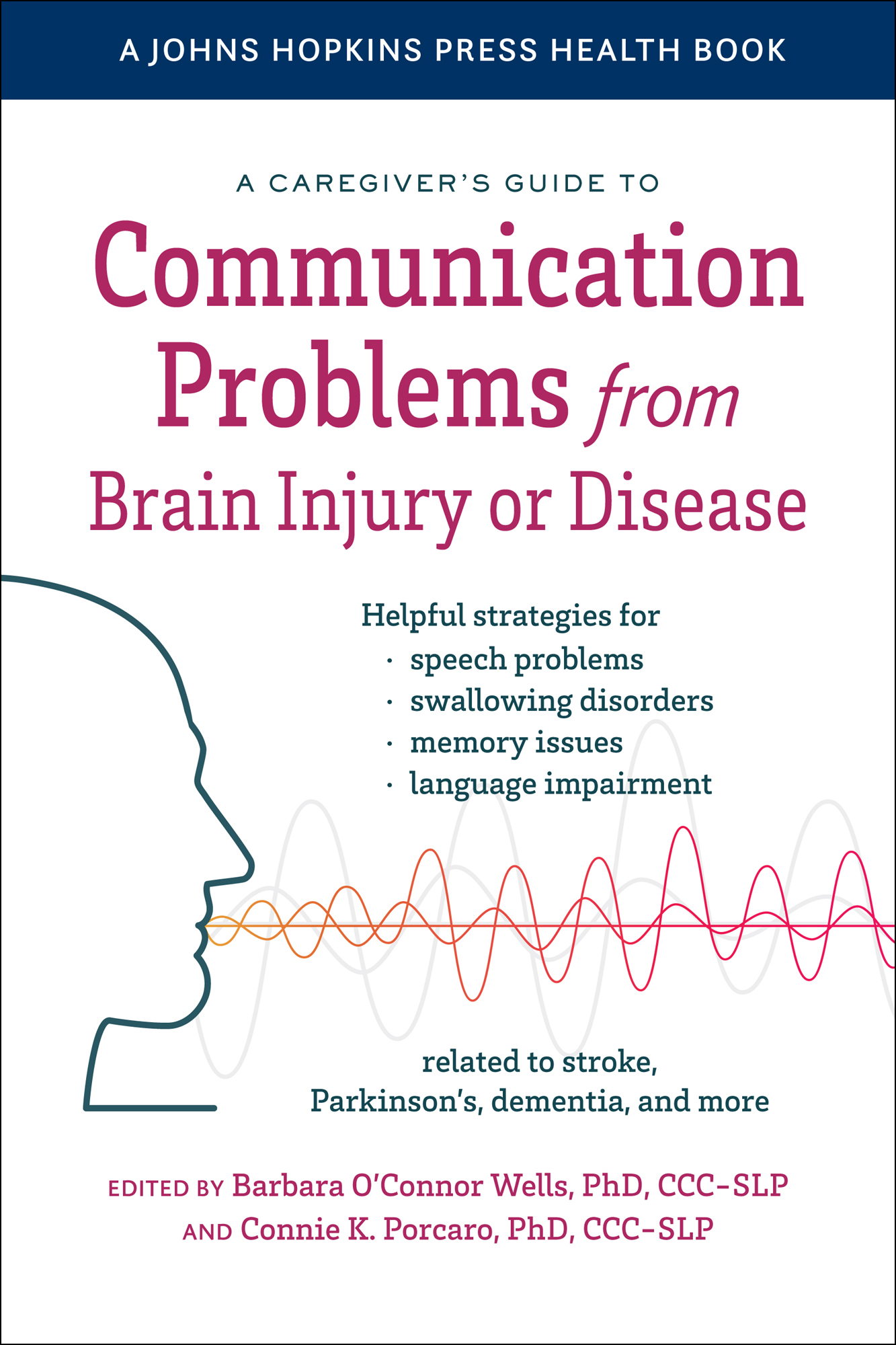Barbara OConnor Wells - A Caregivers Guide to Communication Problems from Brain Injury or Disease
Here you can read online Barbara OConnor Wells - A Caregivers Guide to Communication Problems from Brain Injury or Disease full text of the book (entire story) in english for free. Download pdf and epub, get meaning, cover and reviews about this ebook. year: 2022, publisher: Johns Hopkins University Press, genre: Home and family. Description of the work, (preface) as well as reviews are available. Best literature library LitArk.com created for fans of good reading and offers a wide selection of genres:
Romance novel
Science fiction
Adventure
Detective
Science
History
Home and family
Prose
Art
Politics
Computer
Non-fiction
Religion
Business
Children
Humor
Choose a favorite category and find really read worthwhile books. Enjoy immersion in the world of imagination, feel the emotions of the characters or learn something new for yourself, make an fascinating discovery.

- Book:A Caregivers Guide to Communication Problems from Brain Injury or Disease
- Author:
- Publisher:Johns Hopkins University Press
- Genre:
- Year:2022
- Rating:4 / 5
- Favourites:Add to favourites
- Your mark:
A Caregivers Guide to Communication Problems from Brain Injury or Disease: summary, description and annotation
We offer to read an annotation, description, summary or preface (depends on what the author of the book "A Caregivers Guide to Communication Problems from Brain Injury or Disease" wrote himself). If you haven't found the necessary information about the book — write in the comments, we will try to find it.
An all-in-one guide for helping caregivers of individuals with brain injury or degenerative disease to address speech, language, voice, memory, and swallowing impairment and to distinguish these problem areas from healthy aging.
Advances in science mean that people are more likely to survive a stroke or live for many years after being diagnosed with a degenerative disease such as Parkinsons. But the communication deficits that often accompany a brain injury or chronic neurologic conditionincluding problems with speech, language, voice, memory, and/or swallowingcan severely impact quality of life.
If you are a caregiver coping with these challenges, this all-in-one book can help you and your loved one. Written by a team of experts in speech-language pathology, each chapter focuses on a different aspect of caregiving and features relatable patient examples. Providing answers to common questions, definitions of complex medical terms, and lists of helpful resources, this book also:
touches on expected, age-related changes in communication, memory, swallowing, and hearing abilities, to name a few
offers practical strategies for caregivers to cope with speech, language, and voice problems and to maximize their loved ones ability to communicate
reveals how caregivers can assist their loved ones with swallowing challenges to maintain good nutrition and hydration
provides crucial information on how caregivers can handle grief and take care of themselves during the caregiving process
explains how to incorporate the arts, as well as a loved ones hobbies and interests, into their communication or memory recovery
This comprehensive book will allow readers to take a more informed and active role in their loved ones care.
Contributors: Marissa Barrera, Frederick DiCarlo, Lea Kaploun, Elizabeth Roberts, Teresa Signorelli Pisano
Barbara OConnor Wells: author's other books
Who wrote A Caregivers Guide to Communication Problems from Brain Injury or Disease? Find out the surname, the name of the author of the book and a list of all author's works by series.


